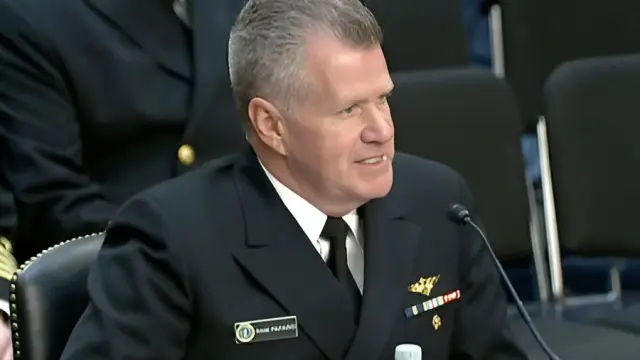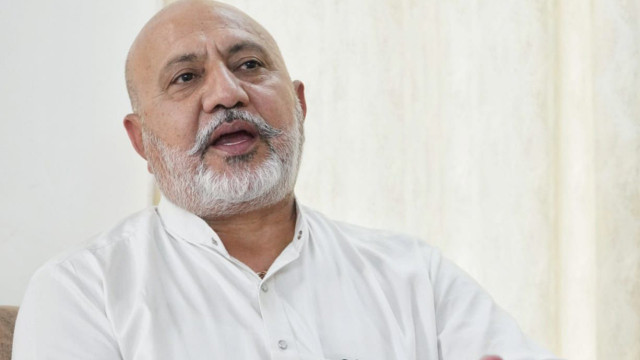US Slaps Tariffs on Non-Rival Nations: Philippines, Iraq, Sri Lanka Hit
US President Donald Trump announced a fresh wave of tariffs targeting seven nations—Philippines, Brunei, Moldova, Algeria, Libya, Iraq, and Sri Lanka.

US President Donald Trump announced tariffs on imports from seven countries—Philippines (20%), Brunei and Moldova (25%), and Algeria, Libya, Iraq, and Sri Lanka (30%)—set to take effect on August 1. Notably, none of these nations are major industrial rivals to the US, raising eyebrows about the economic logic behind the move. The decision underscores Trump’s long-standing enthusiasm for tariffs as a tool to boost American prosperity, despite their limited trade significance.
Donald Trump announces Tariffs
The targeted countries collectively account for a small fraction of US imports, with trade volumes dwarfed by major partners like China or the EU. Moldova’s modest wine and textile exports and Brunei’s energy shipments pose little competitive threat. Critics argue that taxing these smaller economies may yield minimal economic gains for the US while straining diplomatic ties and raising costs for American consumers.
Trump's New Tariff Strategy
President Trump has frequently championed tariffs, describing them as a “beautiful” mechanism to protect US industries and generate revenue. However, economists warn that these duties, applied to non-industrial powerhouses, could disrupt supply chains for niche goods like Filipino mangoes or Sri Lankan apparel, potentially increasing prices without significantly boosting domestic production. The move appears more symbolic, aligning with Trump’s campaign rhetoric rather than addressing pressing trade imbalances.
Duties Imposed on 7 Economies
The tariffs risk alienating smaller trade partners, some of whom rely on US markets for economic stability. Domestically, businesses importing from these countries may face higher costs, which could trickle down to consumers. Meanwhile, the administration insists the tariffs will encourage local manufacturing, though evidence of such outcomes remains limited.















